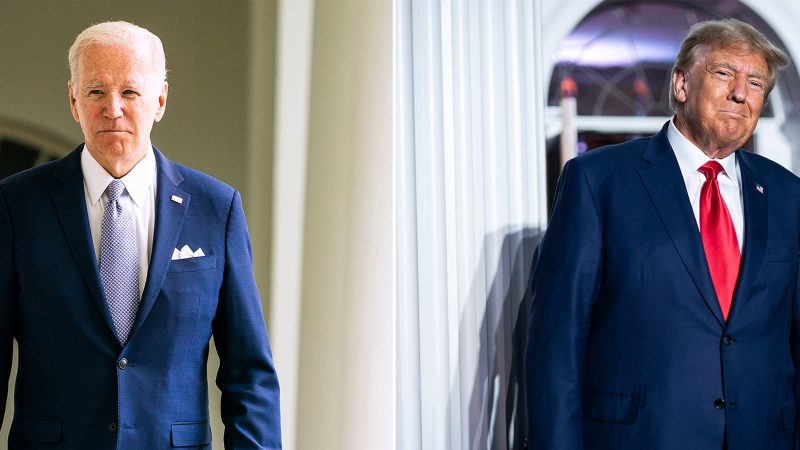In the highly contested battle between former President Donald Trump and President Joe Biden over the 2017 tax cut, there are stark differences in their approaches to tax policy and economic ideologies. President Trump’s signature legislative achievement during his tenure was the Tax Cuts and Jobs Act of 2017, which aimed to significantly reduce the tax burden on businesses and individuals.
One of the central pillars of the 2017 tax cut was the reduction of the corporate tax rate from 35% to 21%. This move was hailed by supporters as a way to incentivize investment and spur economic growth. Proponents of the tax cut argued that lower corporate taxes would lead to higher wages for workers, increased business investment, and ultimately boost job creation.
However, critics of the tax cut, including President Biden, have argued that the benefits of the tax cut disproportionately favored corporations and the wealthy, exacerbating income inequality. President Biden has proposed reversing some of the tax cuts for corporations and high-income earners as part of his economic agenda, arguing that these measures are necessary to fund investments in infrastructure, education, and healthcare.
President Biden’s approach to tax policy contrasts sharply with that of his predecessor. He has proposed increasing the corporate tax rate to 28% and imposing a minimum tax on multinational corporations to prevent profit-shifting to low-tax jurisdictions. Additionally, President Biden has proposed raising the top individual income tax rate and expanding tax credits for low- and middle-income families.
The battle over the 2017 tax cut encapsulates the broader ideological differences between the two administrations. President Trump’s tax policies were largely focused on reducing taxes and regulations to stimulate economic growth, while President Biden’s economic agenda prioritizes investments in social programs and infrastructure, funded in part by raising taxes on corporations and the wealthy.
As the debate over tax policy continues, it remains to be seen how the Biden administration will navigate the legacy of the 2017 tax cut and enact its own tax reforms. With competing visions for the role of government in the economy, the Trump-Biden battle over the 2017 tax cut is likely to shape the economic landscape for years to come.
